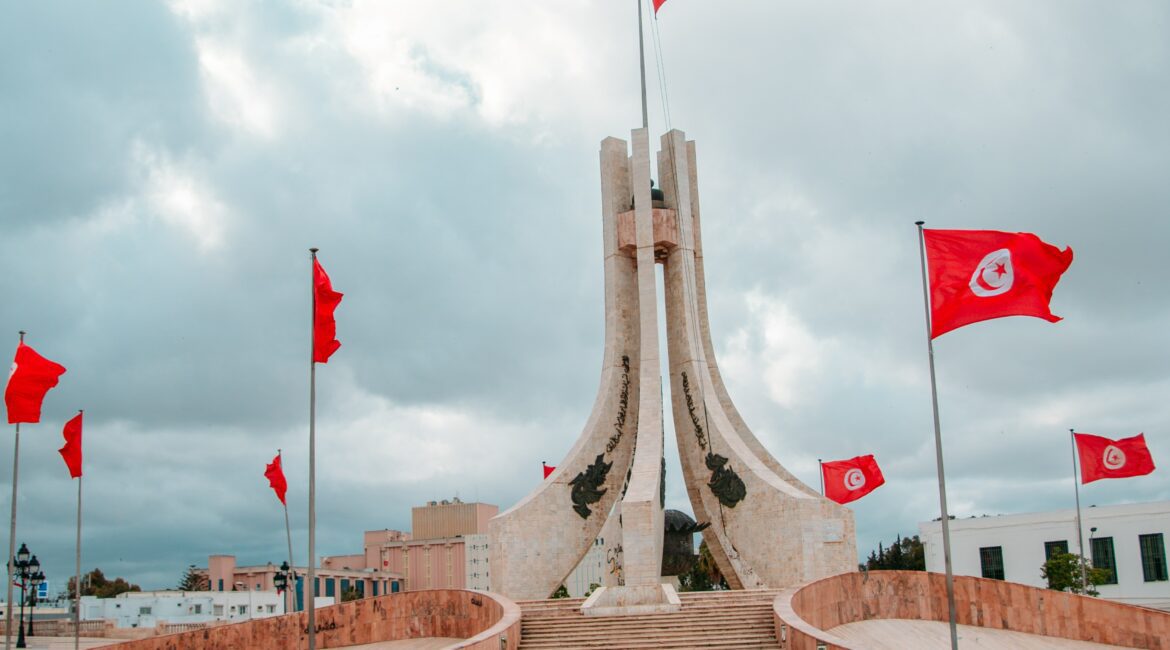It is too early to announce the end of Tunisia's democratization, or the end of its Islamist party, Ennahdha. In the aftermath of President Kais Saied's July 25 move to suspend parliament and sack the prime minister, the situation in the country remains highly fluid, changing almost by the hour.
On August 4, Ennahdha's Shura Council finally convened after some delay. The meeting was held in response to increased pressure from influential figures within Ennadhna, such as Samir Dilou, Abdellatif Mekki, and Mohammed Salem, who had long been calling for leadership change and greater democratization within the party as part of the so-called "Group of 100". Khalil Baroumi announced his resignation from the party's executive office.
In the days leading up to the Shura Council, they have been pondering how best to respond more "positively" to the president's "exceptional measures" to minimize the damage to the country's democracy and the functioning of its elected institutions, as well as to Ennahdha itself. Some have gone so far as to call on Ghannouchi to resign from the party's leadership and even leave his role as parliament speaker.
The official statement issued after the Shura meeting mentioned in passing the "constitutional coup" enacted by President Saied, but also demonstrated the party's eagerness to move on. In the statement, Ennahdha made clear that it understands the popular anger manifested in the events of July 25. It admitted that there is a need for self-critique and internal reform. It also expressed a commitment in principle to join the fight against corruption. Moreover, it demonstrated that it is open to dialogue with other political actors in the country, including the president.
The Arab Spring opened wide an arch of possibilities for the Tunisian people. Namely, it allowed them to enjoy and exercise equal citizenship rights, especially the right to choose who rules them. Furthermore, the post 2011 setting offered an opportunity for "accountability" to emerge as a routine democratic standard. As a result, the apparent lack of democracy within Tunisia's decision-making institutions and inside its political parties, including Ennahdha, swiftly became a point of contention.
However, the July 25 events have also democracy favors the Islamists. Indeed, Ennahdha will still win seats and will have a constituency, even after the blow inflicted on it on July 25. Attempts to sideline Islamists could produce the opposite effect of boosting their popularity and/or the public's sympathy for them.
Ghannouchi's political future appears a lot less certain than Ennahdha's on the surface. However, surviving has long been what Ghannouchi does best. Even at his age, he is more adept at political manoeuvring than those around him. It seems the Shura Council's rejigging of July 25 as an opportunity for internal reform is intended to preserve Ghannouchi's position.
Ennahdha was once a force to be reckoned with. But now, due to many miscalculations, its standing seems to be plague with uncertainty. It is vilified by a large segment of the public and some even see the party as a burden on the state. Yet, Ennahdha remains necessary as a balancing political force, at least until a reformed alternative arises. It may take up two to six months for the "state of exception" to be rolled back and legitimate political institutions restored. Kais Saied is dragging his feet, increasingly reconfiguring and centralising power.
Early elections appear to be in store, and are likely to bring in a majority (or coalition) that may not include Ennahdha. Ennahdha's opponents appear to be planning what is being dubbed the "Third Republic" (al-Jumhuriyyah al-Thalithah), an unmistakably presidential system with some sort of parliamentary oversight, to be decided by a referendum.
With the help of his legal advisers, President Kais Saied is devising a "Third Republic", a new system to institutionalize the rupture between pre- and post-July 25 politics in Tunisia. Draconian measures are being used across the board. Many politicians, including Ennahdha's Anouar Marouf, is reportedly under house arrest or in detention. And what comes after 25 July does not so far bode well for Tunisia's incipient democratization and constitutionally sanctioned separation of powers.

